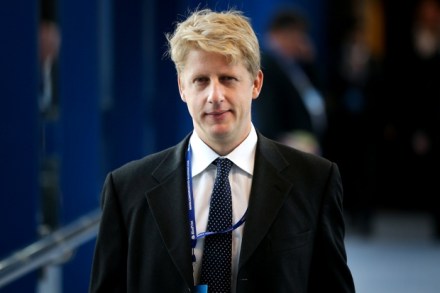Tory members don’t rate May any more – so who do they like?
While the Cabinet bicker among themselves – in meetings, media briefings and the FT letters’ page – about policy, behind the scenes chatter remains over who will be the next Tory leader. Handily, Conservative Home has today released its Cabinet League Table which shows where the various ministers lie when it comes to the party membership. Re-confirming the consensus in the party that Theresa May will never lead the party into an election, the Prime Minister has endured a record fall among members – from top to second bottom. While Patrick McLoughlin is the least popular, Philip Hammond doesn’t fare much better, the chancellor has gone into the negative, he is third





















